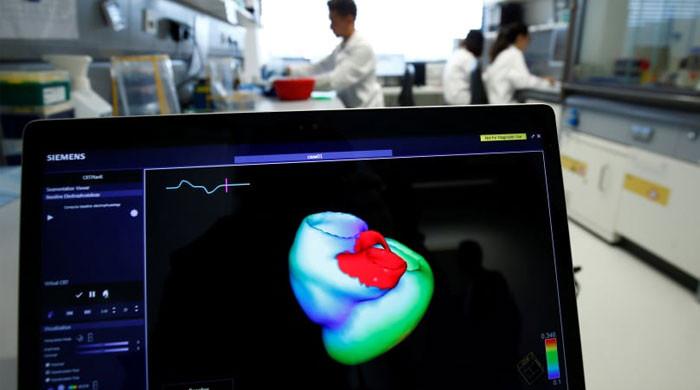Summary:
- Oxford’s Caristo Diagnostics developed AI to predict heart attacks.
- Pilot program in five UK hospitals with NHS England support.
- AI identifies cardiac inflammation unseen on standard CT scans.
An Oxford University spinout, Caristo Diagnostics, has developed an AI model that can predict heart attack risk within the next decade. This revolutionary model identifies cardiac inflammation, which standard CT scans can’t detect.
Currently, a pilot program is running in five hospitals: Oxford, Milton Keynes, Leicester, Liverpool, and Wolverhampton. Supported by NHS England, its broader applicability will be decided soon.
The AI is also being used to prevent diabetes and strokes. Professor Keith Channon of Oxford University calls it “transformative,” as it monitors biological actions invisible to the naked eye that precede heart blockages.
In the pilot, chest pain patients referred for a CT scan have their scans analyzed by Caristo Diagnostics’ CaRi-Heart AI. The AI checks for inflammation in the coronary artery and plaque, which operators then confirm.
Increased inflammation levels indicate a higher chance of developing cardiovascular disease or experiencing a fatal heart attack. The British Heart Foundation reports that over 7.6 million people in the UK suffer from heart disease, with the NHS spending £7 billion annually on related treatments. About 350,000 cardiac CT scans are conducted yearly in the UK.
The Orfan study on 40,000 patients published in the Lancet found that 80% of patients were sent back to primary care without preventive management. Patients with coronary artery inflammation were 20 to 30 times more likely to die from a cardiac event within the next decade. Thanks to this AI technology, 45% of such patients received medication or lifestyle advice to prevent future heart attacks.

